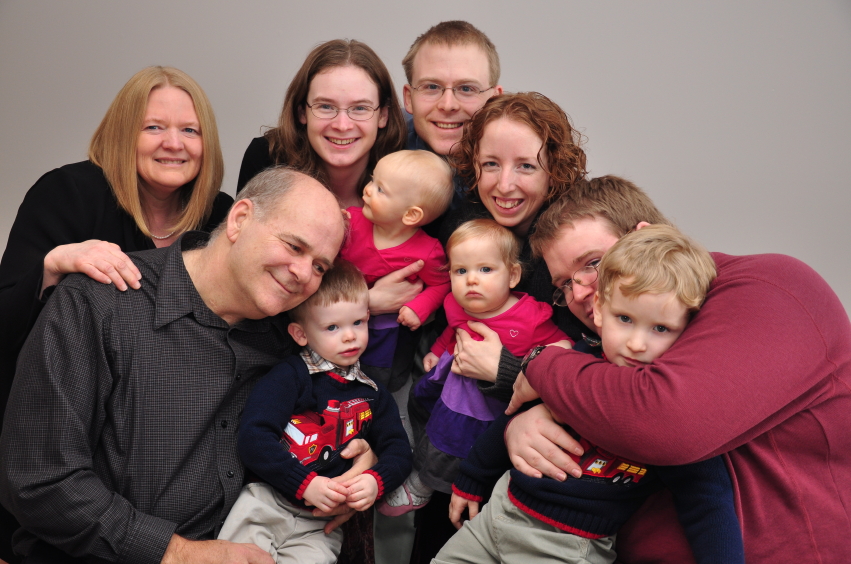This is the fourth article about the Withdrawal Agreement and how it affects you as a British citizen living in an EU country.
In this article we take a look at what the Withdrawal Agreement has to say about working rights, professional qualifications and future family reunification.
Other articles look at
What the Withdrawal Agreement is (and what it isn’t);
Residence rights and procedures;
Health care, pensions and social security;
What's not covered by the WA;
Frequently asked questions.
In this article we take a look at what the Withdrawal Agreement has to say about working rights, professional qualifications and future family reunification.
Other articles look at
What the Withdrawal Agreement is (and what it isn’t);
Residence rights and procedures;
Health care, pensions and social security;
What's not covered by the WA;
Frequently asked questions.
Working and professional rights, and professional qualifications
- If you’re employed or self employed, the WA will give you effectively the same rights as those you currently enjoy as an EU citizen but only in France (unless you’re a frontier worker - see the next bullet point). This includes the right of non-discrimination on grounds of nationality, of equal treatment in respect of employment conditions, to take up and pursue activities as a self-employed person and to set up and/or run an undertaking or company.
- If you are a frontier worker according to EU rules - living in one country but employed or self-employed in another, and returning once a day or at least once a week to your country of residence - your right to continue doing so is protected under the WA. You’ll be able to apply in your country of work for a document certifying that you’re a frontier worker protected by the WA.
- If you have had a professional qualification (subject to some exceptions) from the UK or another EU country recognised in France by a specific recognition decision (or if you’re a frontier worker, in the country where you work), your qualification will continue to be recognised but only in the country where the decision was issued.
- If your professional qualification is covered by the EU automatic recognition system (doctors, nurses, dental practitioners, veterinary surgeons, midwives, pharmacists, architects etc) it will continue to be recognised, but only in the country where the decision was issued.
- If you apply or have applied for recognition of a professional qualification (subject to some exceptions - see below) before the end of the transition period, current EU rules will continue to apply to the recognition process and if your application is successful your qualification will be recognised, but only in the country where the decision was issued. If you hold and are hoping to rely on a professional qualification but haven’t yet applied for recognition, it’s important to do so before the end of the transition period.
- If you obtain a new professional qualification from the UK or from another EU country after the end of the transition period (or if you want to apply for recognition of one that you already hold but for which you haven’t applied for recognition before the end of transition), this won’t be covered by EU rules or the WA; instead the conditions of recognition would depend on national rules in France.
Family reunification after the end of transition
- Certain close family members can join you in France after the end of the transition period, providing (a) you were legally resident in France, and (b) the relationship between you existed, both at the end of transition. The family members concerned are: your spouse or registered partner, your or your spouse/partner’s direct descendants (child, grandchild, great-grandchild, etc) if they are either under 21 or dependent on you, and your or your spouse/partner’s direct relatives in the ascending line (parents, grandparents, great-grandparents, etc) if they are dependent on you.
- If you aren’t married to or in a registered partnership with your partner but are in a ‘durable relationship’, the WA says that France shall ‘facilitate entry and residence’ for that partner in accordance with its national legislation, providing the relationship was already durable at the end of the transition period. This is a bit more stringent than the conditions for other close family members, so unless they have an independent right of residence in your host country (for example, if they are a citizen of another EU country) then you might also want to think about securing your position via marriage or a civil partnership before the end of the transition period so that they would fall into the category of close family members above.
IMPORTANT: this explanation is designed to help British people in France by giving them a general overview of the Withdrawal Agreement and our understanding of its provisions. Anyone who wants advice on the Withdrawal Agreement on which they intend to rely should consult a practising lawyer. We are a campaigning group and not in a position to give legal advice. British in Europe and France Rights are unable to accept liability for any loss or damage sustained directly or indirectly as a consequence of any statement or omission in this explanation.


